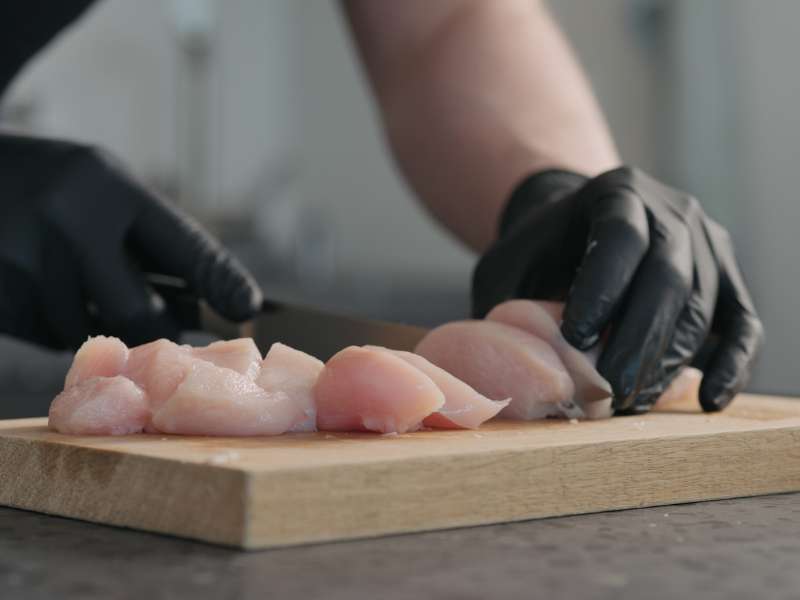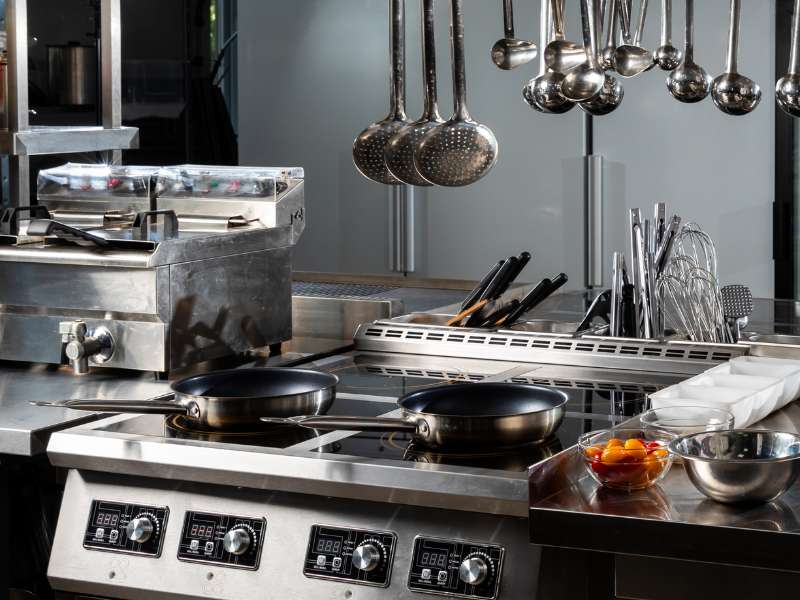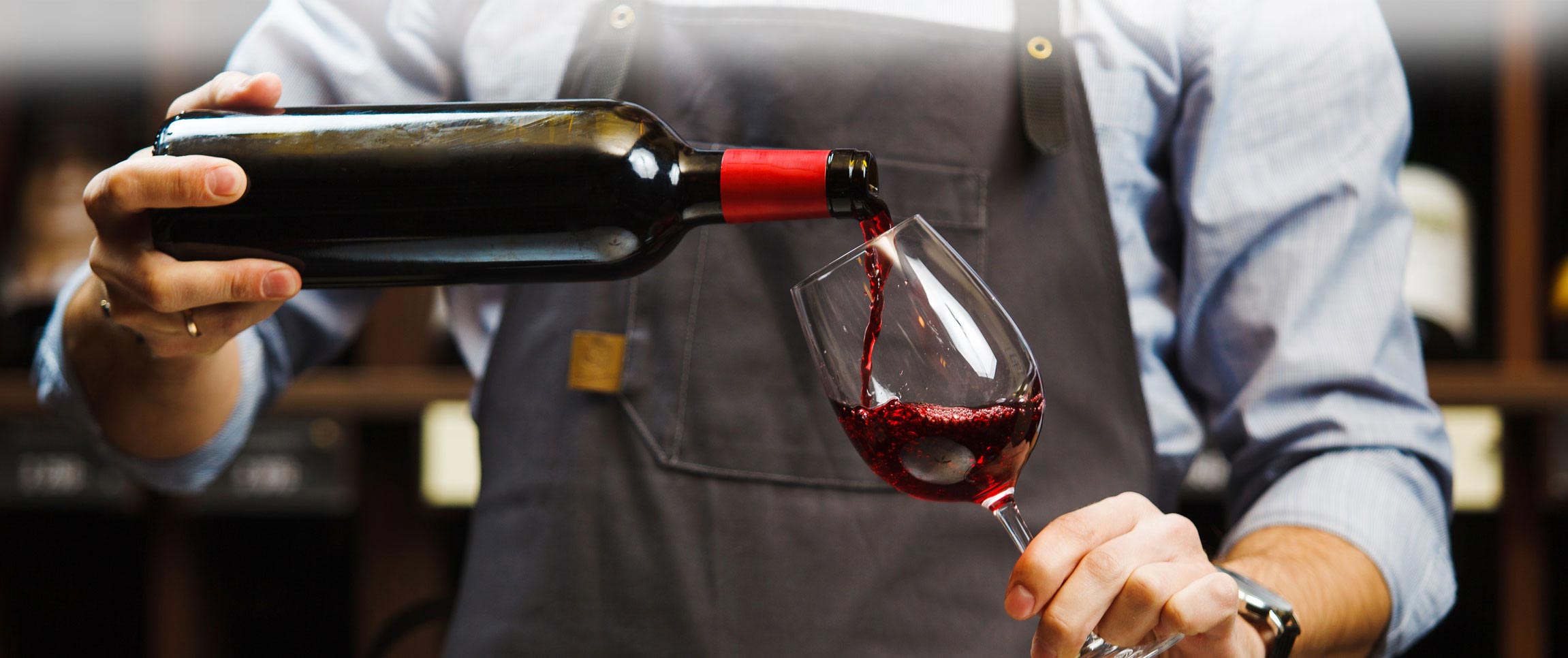The more menu knowledge your staff has, the better equipped they will be to create a memorable guest experience. Staff training directly contributes to higher sales and staff retention. So, when does it make sense for a restaurant to facilitate and even pay for staff training outside of the restaurant, and how can restaurateurs make sure staff is knowledgeable on everyday menu items?
There are several options for pursuing staff training and certifications; some come with a high price tag and time commitment, while others can be accomplished for little to no investment right in your very own restaurant. Over the course of this article, we’ll explore options for sommeliers, cicerones and certified cheese professionals.
Sommelier
Perhaps the best recognized in-house expert you can have your team, a sommelier is a steward of wine. If a wine program is important to the overall experience in your restaurant, cultivating knowledge among your staff is essential. If you already have a sommelier on your team, that person can help educate staff through weekly tastings, guided winery tours, and incentive-based quizzes. If you don’t already have someone in this position, it may be in your restaurant’s best interest to identify a strong FOH candidate who can pursue certification.
A restaurant sommelier should have a strong understanding of proper wine service and storage; as well as knowledge on liquors, spirits, and beers; and, above all, an appreciation for how wine pairs with food.
The Full Program
Sommelier training is an investment, ranging from about $1000 to $7500, for a course depending on the source and level of certification. Then there are the costs of buying books and tasting wines; plus a considerable time investment. For those reasons, it’s important to be clear about how you want to support staff who are interested in sommelier training. Will you incentivize by offering a scholarship to promising candidates? Or, will you offer higher pay and bonuses to staff who successfully complete levels of certification? Be personally supportive of staff as they attempt to deepen their knowledge, and it will pay dividends to the restaurant.
In-House Training
At a minimum, taste the wine! As you introduce new wines to your menu, hold staff tastings. Encourage the staff to ask questions about the wine, and give them examples of how you would pair it with food. Revisit wines that have been on your menu for longer, and talk about why they’ve stuck around. Create a ‘wine bible,’ an annotated version of your wine list, with photos, pairing notes, and sourcing info. Encourage FOH staff to study this guide and to use it as a resource when they have a question.
Many wine distributors and vineyards have sommeliers on staff who will offer staff seminars on wine basics. This can be a cost-effective way to elevate the level of knowledge across your entire staff. Get a subscription to Wine Enthusiast, Wine Spectator, or another wine publication, and make the magazines available to staff. Have it on the bar at family meal. Talk about what you’ve read.
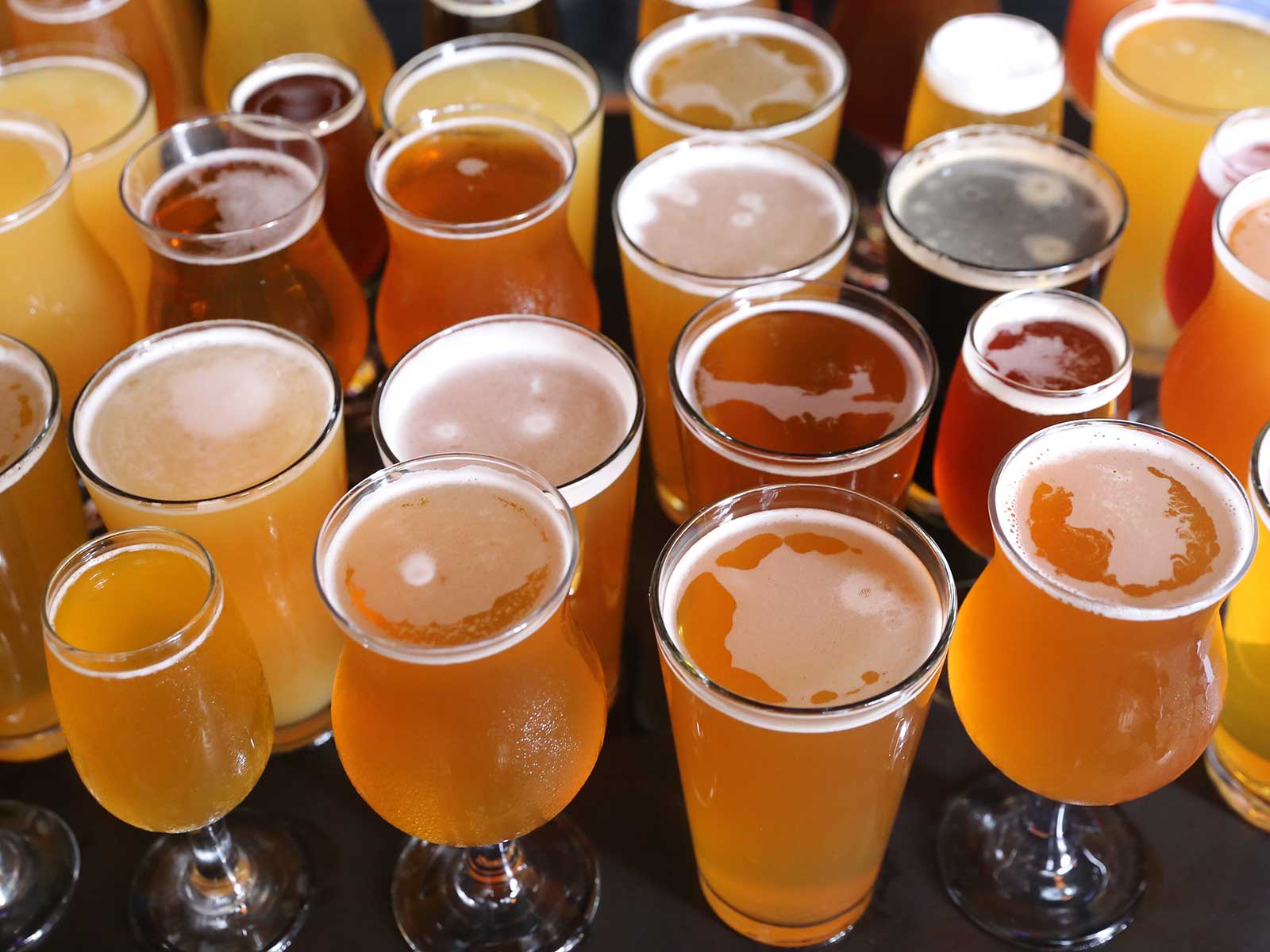
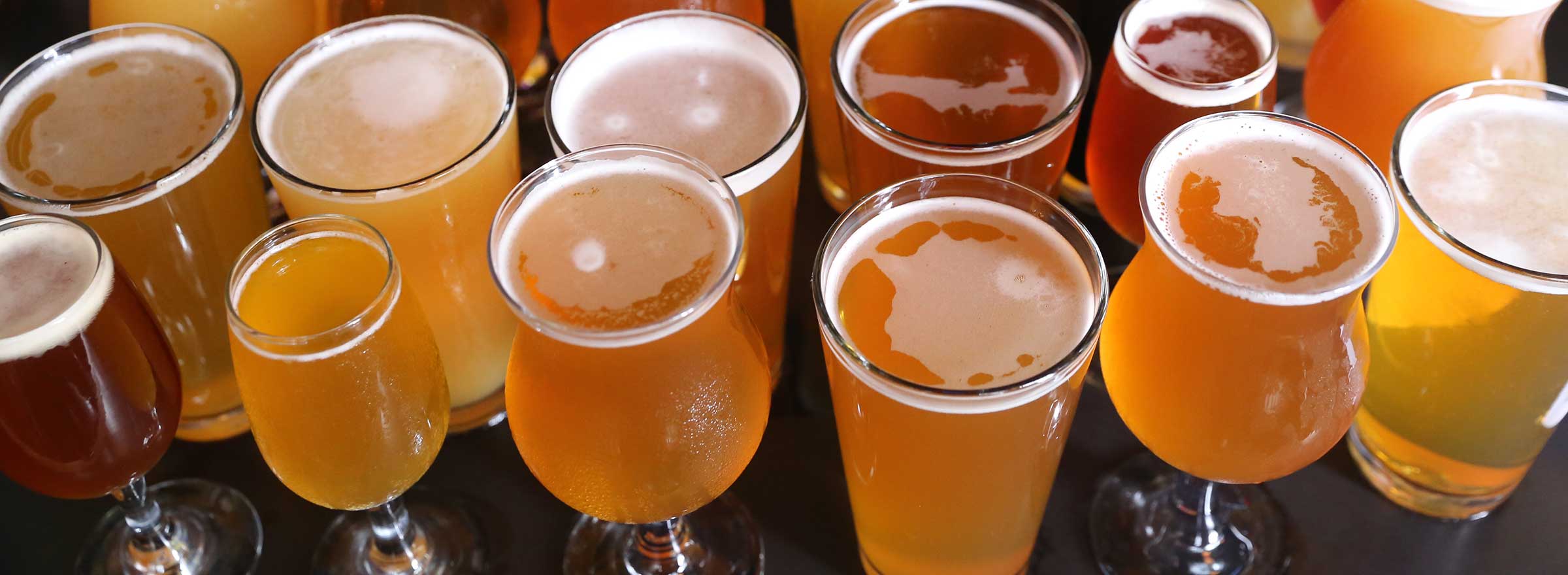 Cicerone
Cicerone
Newer to the restaurant world is the role of the cicerone, a certified beer expert. The cicerone program was developed by beer expert, Ray Daniels in 2007. To begin the process, candidates take an online Beer Server exam. From there, would-be cicerones are qualified to move on for additional levels of certification.
The craft beer trend can mean higher revenue for your restaurant, but staying on top of this ever-changing trend can be a full-time job. That’s where a cicerone comes in. According to Guestmetrics, “the average guest check that includes food and a mainstream American beer is about $73.00, while a craft beer drinker’s food and beverage check rings in at $86.00,”* and the same study shows that craft beer drinkers outspend mainstream beer drinkers by about $.20 per minute. So, investing in a cicerone or helping a strong FOH candidate achieve certification can be smart business.
The Full Program
There are four levels of cicerone--Certified Beer Server, Certified Cicerone, Advanced Cicerone, and Master Cicerone. In one “Road to Cicerone Bootcamp,” offered by the official Cicerone organization, students are immersed (not IN beer, thankfully) in an intense 5-day course. The cost is about $2000. The Cicerone Certification exam is $395; the Advanced Cicerone exam is $795; and the two-day Master Cicerone exam is $995, with fees for retaking the exams if students don’t pass on the first try.
In-House Training
Work with distributors and brewers to offer tastings for staff, and encourage employees to visit breweries (it shouldn’t be too hard) on their time off. Keep a copies of books like The Beer Bible and The Complete Beer Course: Boot Camp for Beer Geeks behind the bar. Talk about how beer pairs with food, and introduce new beers on tap to your staff as they come in. Just like for your wine menu, you should have an annotated version of your beer menu available for staff to use as a resource.
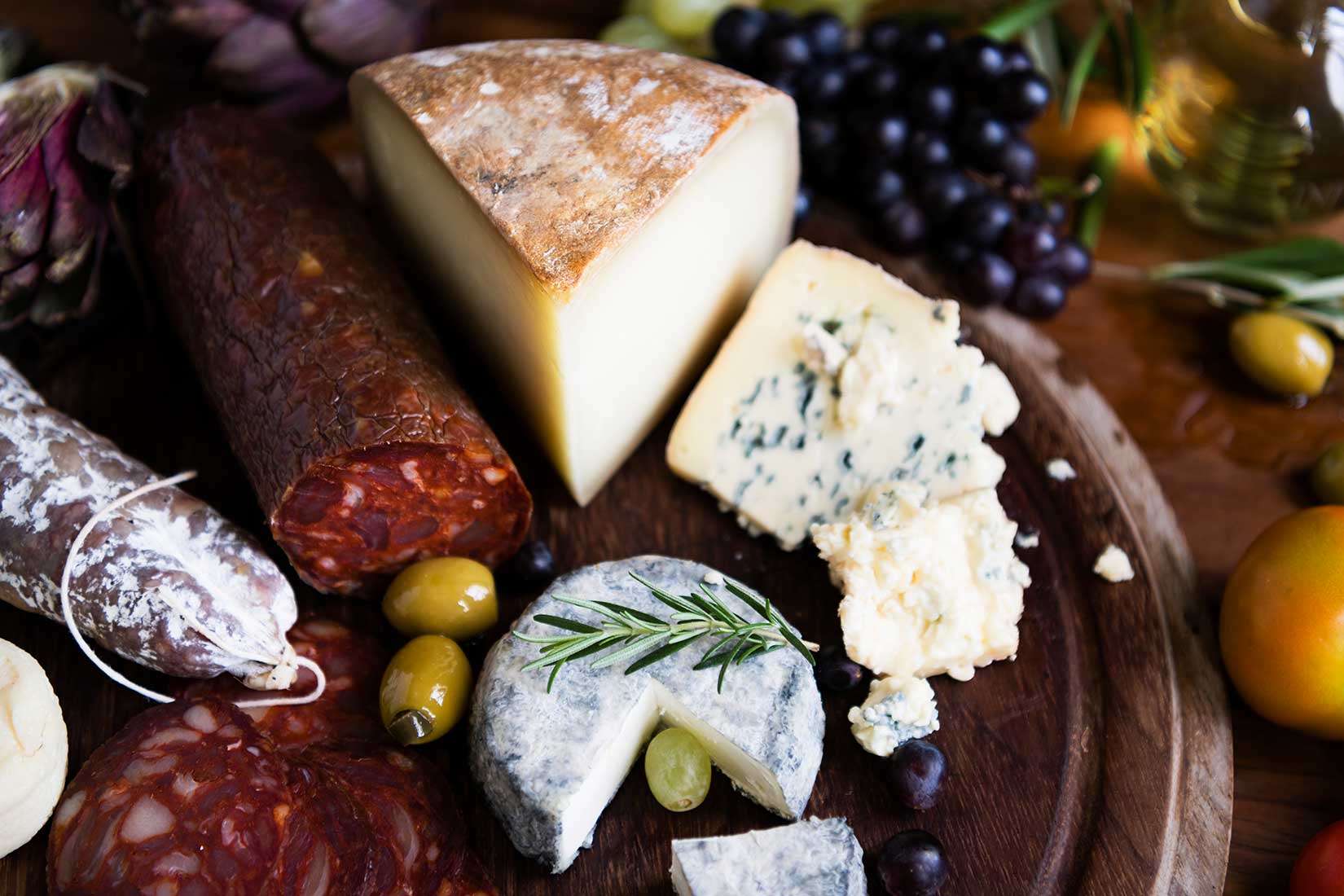 Certified Cheese Professional
Certified Cheese Professional
A cheese program can be a memorable feature of a restaurant’s menu, something that differentiates a great restaurant. If you offer a cheese board or cheese plate, it’s important to educate your staff on what makes each cheese special and unique. An in-house cheese professional can take a leadership role with this as well as ordering and handling cheese.
The Full Program
According to the American Cheese Society, “The ACS Certified Cheese Professional® Exam (ACS CCP®Exam)–the only exam of its kind–encourages improved standards of comprehensive cheese knowledge and service, offering professionals in the cheese industry the opportunity to earn the distinguished title of ACS Certified Cheese Professional®, or ACS CCP®.” For Cheese Society members, the exam is $500, $650 for non-members, and professional membership is $199/year. The test is made up of 150 multiple choice questions, covering cheese-making, ripening, storage and service. Candidates must also have 4,000 documented hours of cheese-related professional experience.
In-house Training
Cheese knowledge is a bit easier to acquire outside of the formal rubric of the American Cheese Society certification. There are countless tomes on cheese, including The Cheese Lover’s Companion and Mastering Cheese: Lessons for Connoisseurship from a Maître Fromager, and publications like Culture magazine also provide a depth of knowledge on what’s new in the cheese world.
*http://restauranttechnologyguys.com/craft-beer-and-technology/

